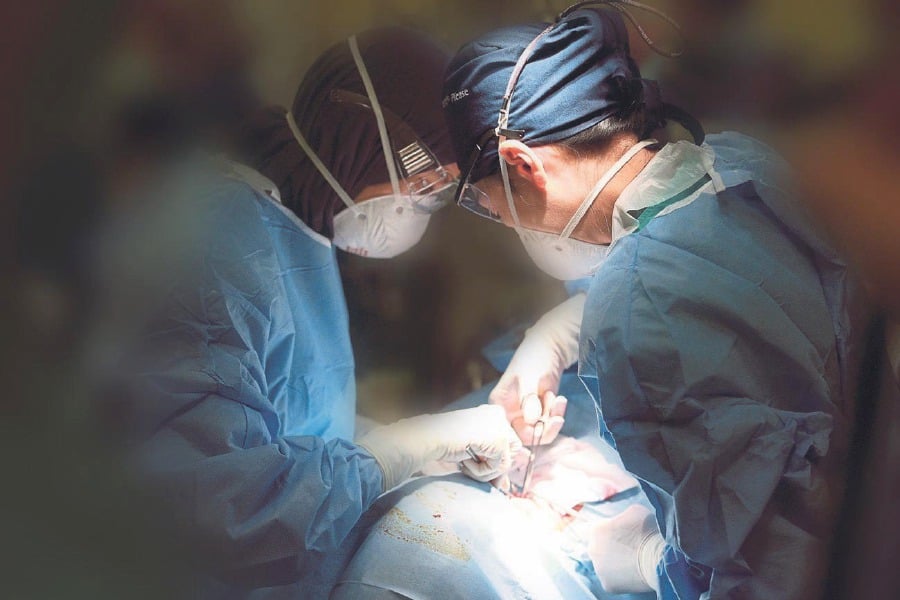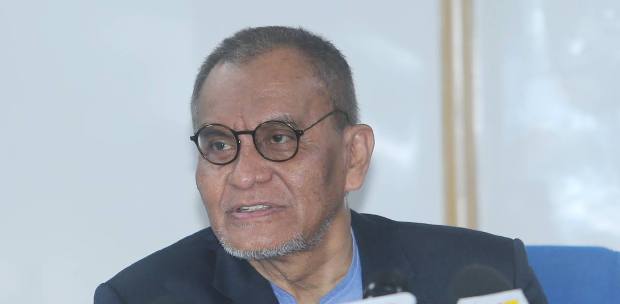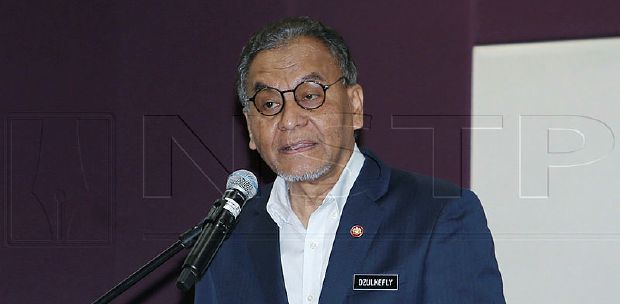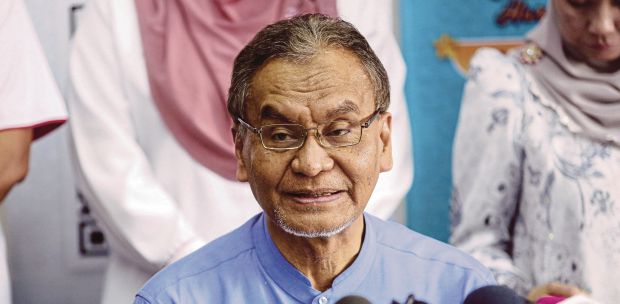LETTERS: THIS is our message for Health Minister Datuk Seri Dr Dzulkefly Ahmad to ponder, assess and act where he can.
As paediatricians, we urge that the voice of reason and rationality should take precedence over the polarity of positions between the parallel pathway and the master's medical specialty training programmes.
To put it mildly, the haram fatwa by a non-medical, former vice-chancellor of a university is incongruous and unhelpful. The nation's interest is the priority, and it is now at a critical juncture.
Any national road map for medical specialty training must minimise harm and maintain the continuity of the current healthcare and service provisions.
All processes should be transparent and accountable, with proper oversight.
The toxic media exchanges between the proponents of either pathway have shed some historical and contemporary perspectives. However, they are also loaded with their respective bias and innuendos and are equally problematic.
The feuds miss the evolution of several excellent programmes, of which the exponential trajectory has been heading towards a unified and structured training module for our medical postgraduates.
The 12 specialties include: Clinical Oncology, Emergency Medicine, General Surgery, Internal Medicine, Obstetrics & Gynaecology, Orthopaedic Surgery, Paediatrics, Primary Care Medicine, Psychiatry, Radiology and Rehabilitation Medicine.
The pioneering efforts of our trainers, mentors and scholars in the Health Ministry, Higher Education Ministry, Medical Deans Council, Specialty/Conjoint Boards, Academy of Medicine Malaysia (representing medical professional societies and the private healthcare sector) et al have culminated in the launch of the milestone National Postgraduate Medical Curriculum (NPMC) on Aug 27, 2021, and must not be dismissed.
While some choose to squabble and oppose another training pathway, many of our senior clinicians and educators decided to cast aside their training pathways and professional differences.
They prioritised their obligations to the nation and developed the NPMC.
So, with these historical and present contexts as the bigger picture of our nation's postgraduate medical education journey, we ask that you consider these seven suggestions:
IT would be virtually impossible to halt opposing positions and emotions from the hardliners of both camps. The best way is to fortify the middle ground, as in the "Madani" vision:
THIS impasse does not need to be a zero-sum game, as each training pathway has its strengths and weaknesses;
IT is heartwarming to know there will be a strengthening of the training and recognition of medical specialists through the amendments of the law to increase the specialist numbers to serve the rakyat;
Our healthcare ecosystem must be led by well-trained specialists who use evidence-based medicine and best practices;
PLEASE consider the input of medical advisers, contributors and reviewers of the 12 specialties in the NPMC, who have demonstrated collectively that it is possible to involve all stakeholders in the postgraduate training to develop a standard curriculum. Actually, more specialties are on their way as well for the NPMC;
AS expressed previously, the 12 specialties in the NPMC have addressed the three stringent issues of a central registry of training centres and entry criteria, a structured curriculum, and exit criteria;
WE hope the Health Ministry will adopt the NPMC protocol as the precursor to our own Malaysian Royal College of Paediatrics/Medicine or the Malaysian Masters of Paediatrics/Medicine, for example, and;
AFTER 67 years of independence, we can finally express our gratitude to our teachers in the United Kingdom, Ireland, Australia and New Zealand.
DR MUSA MOHD NORDIN, PROFESSOR DR AZIZI OMAR, PROFESSOR DR ZULKIFLI ISMAIL, PROFESSOR DR WAN ARIFFIN ABDULLAH & DR TAN HUI SUI
Kuala Lumpur
The views expressed in this article are the author's own and do not necessarily reflect those of the New Straits Times





